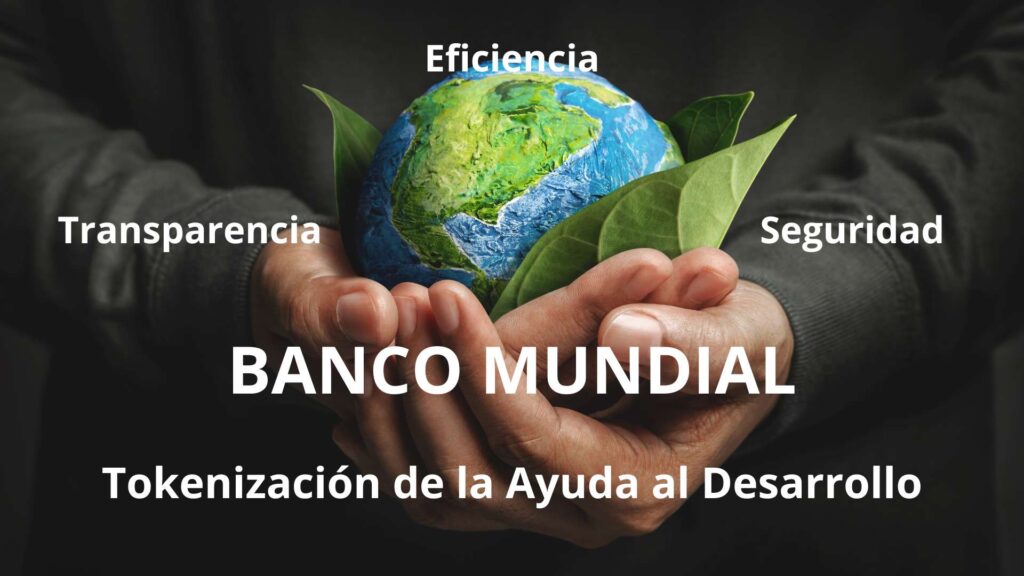In an effort to address debt crises in developing countries, the Bank for International Settlements (BIS) Innovation Hub, in partnership with the International Monetary Fund and the World Bank, has announced a pioneering project for the tokenisation of development aid. This initiative seeks to revolutionise the efficiency of aid distribution and, at the same time, strengthen security and transparency through the application of blockchain technology.
Innovation for Sustainable Development
The project, led by Cecilia SkingsleyThe head of the BIS Innovation Hub focuses on improving the efficiency of aid delivery while ensuring compliance with crucial regulations such as anti-money laundering and counter-terrorist financing. The tokenisation of development aid not only facilitates rapid cross-border settlement, but also provides a means of tracing and verifying funds, setting new standards of transparency and accountability.
Frequently Asked Questions on Blockchain and Tokenisation in Development Aid:
Q: What is blockchain technology? A: The blockchain is a decentralised technology that enables secure and transparent transactions, ensuring the immutability of information.
Q: How does tokenisation work in the context of World Bank development assistance? A: Tokenisation represents aid funds as digital tokens, allowing them to be tracked, verified and securely transferred across borders.
Q: What are the potential benefits of using blockchain in development aid? A: Blockchain technology brings transparency, security and efficiency, enabling real-time tracking, reducing risks of misappropriation and streamlining audit and compliance processes.
This project, while perhaps not revolutionary in terms of large-scale savings, highlights the practical application of blockchain technology to solve real-world challenges, setting a significant milestone in the evolution of development aid.
#BlockchainForGood #SustainableDevelopment #HumanitarianAid #FinancialInnovation #GlobalTransparency #WorldBank #T Tokenisation

